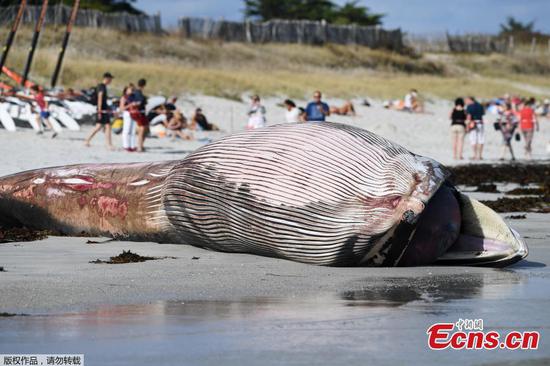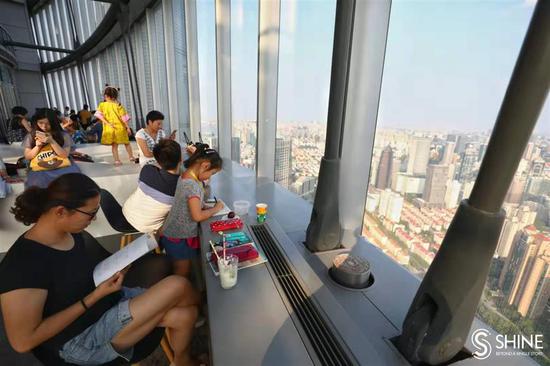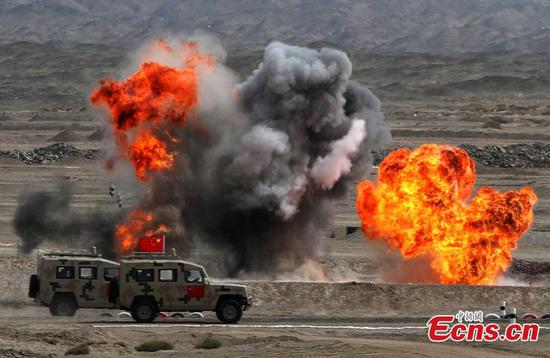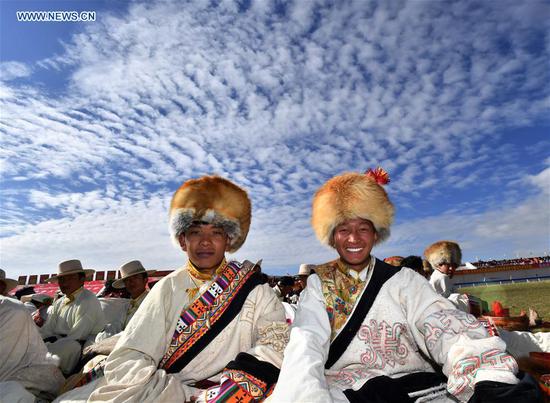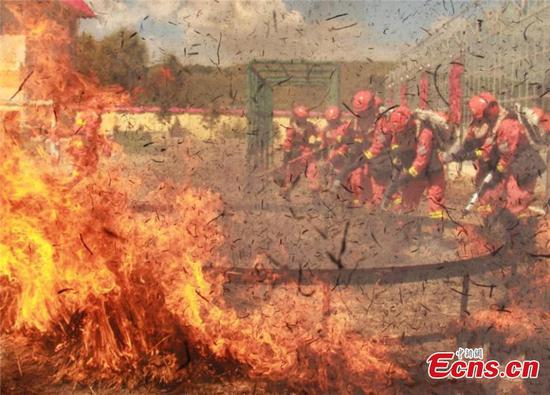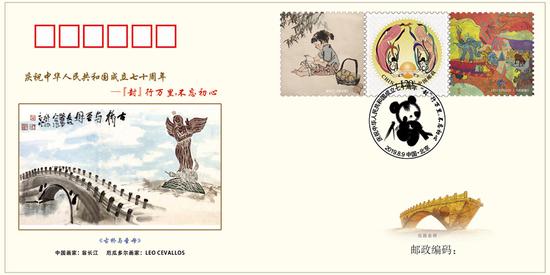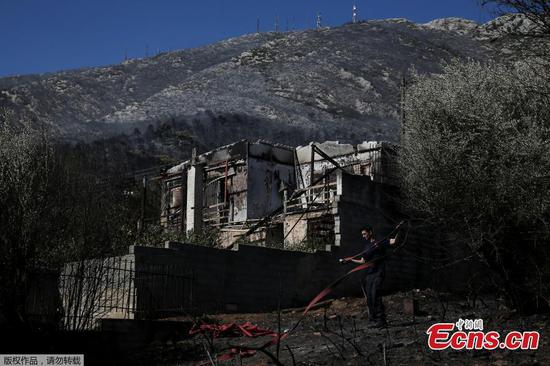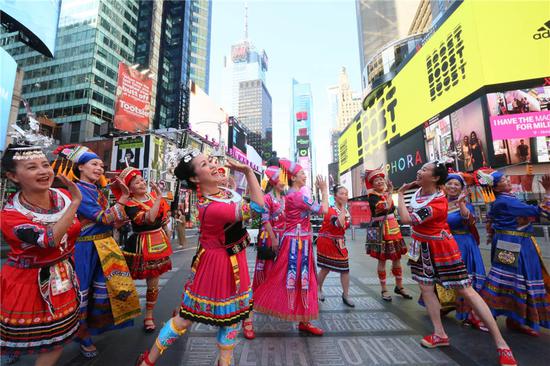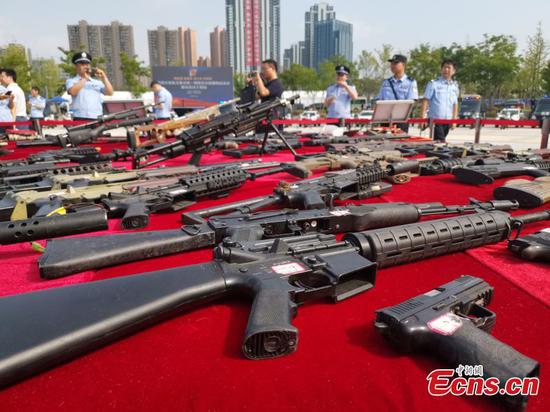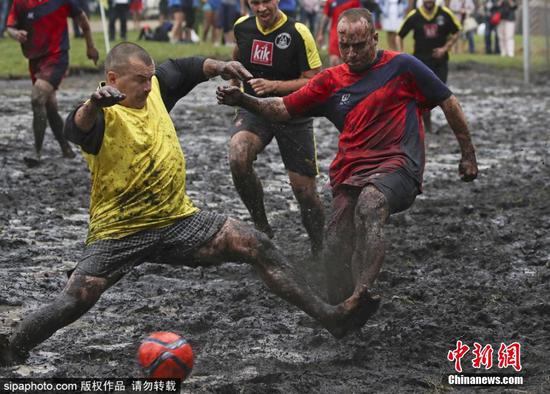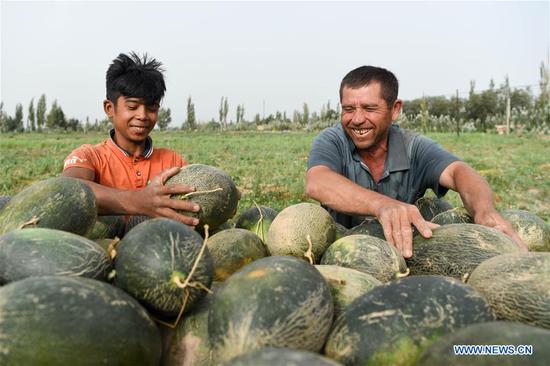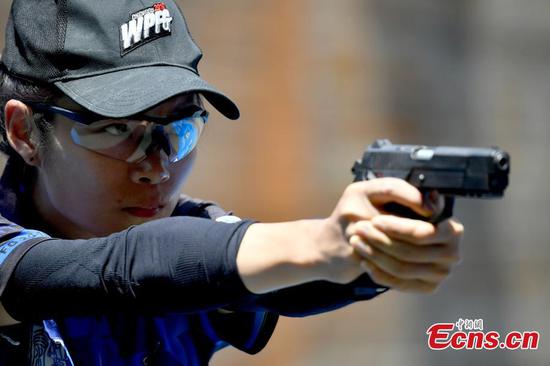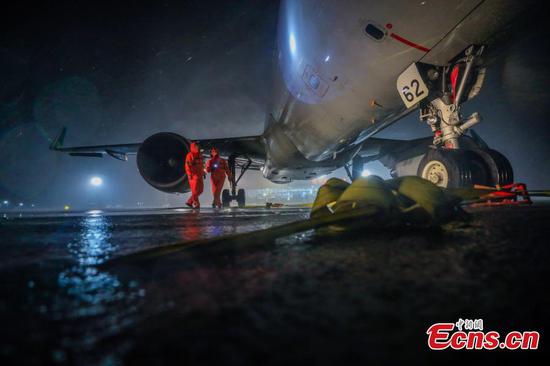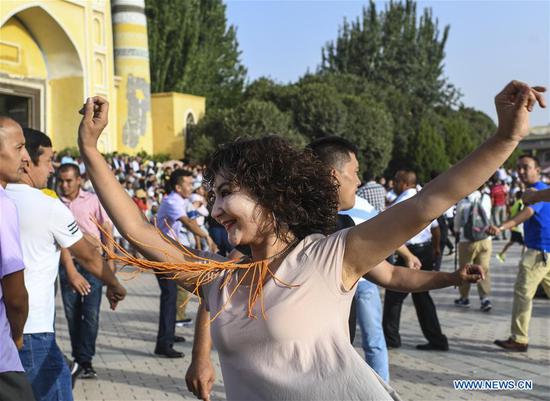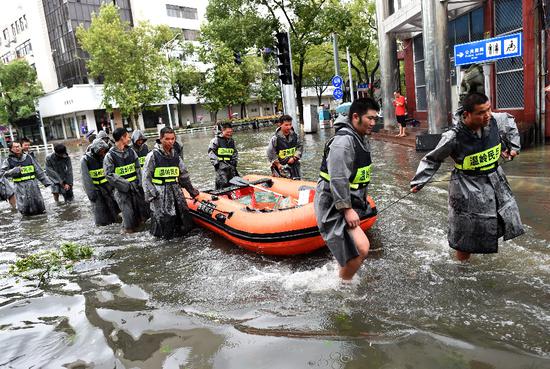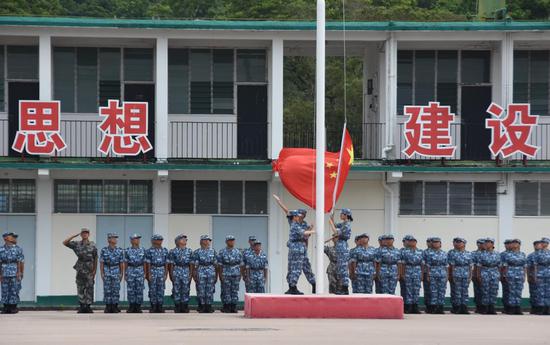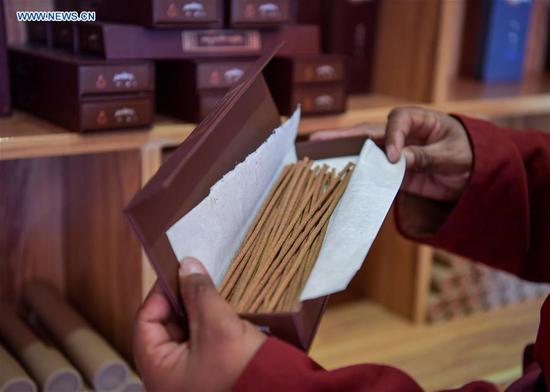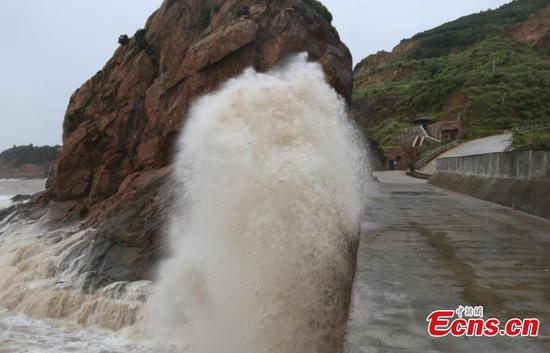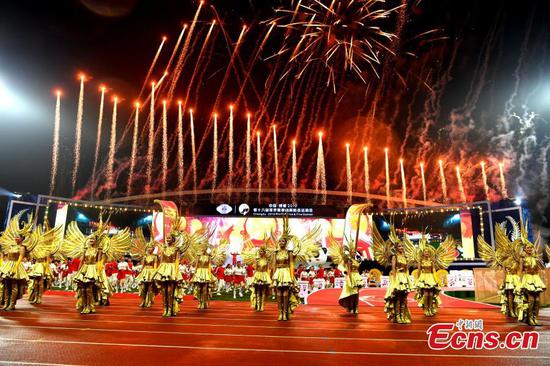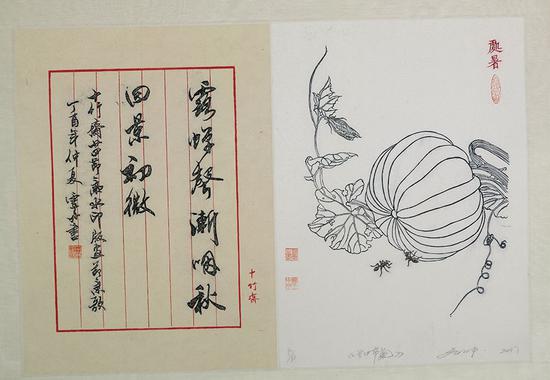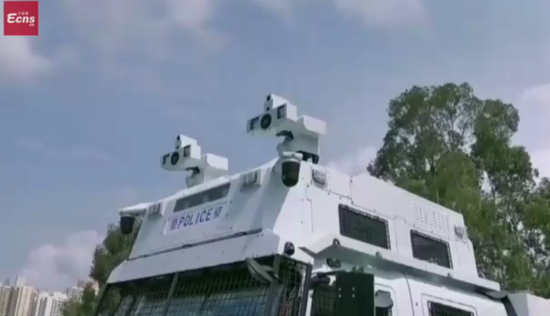Prolonged turmoil is casting a shadow on the international hub: analyst
As massive protests in Hong Kong continue to sweep the city, analysts and local retailers are concerned the violence has already caused dire economic consequences.
Around 4 p.m. Monday afternoon, all remaining inbound and outbound flights from the Hong Kong International Airport, one of the world's busiest transit hubs, were cancelled, leaving passengers stranded, thanks to an illegal assembly involving thousands.
The airport contributes to five percent of Hong Kong's GDP, said Hong Kong Transport Secretary Frank Chan in May.
It is estimated that one day of paralysis at the airport will cause a loss of 206,000 passenger counts and air cargo worth 10.1 billion yuan ($1.4 billion), according to CCTV News.
Meanwhile, most sectors, including retail, tourism and investment, have also been affected, and future implications on the economy will be felt, analysts warned.
'Chilly winter'
Mainland tourists make up roughly 80 percent of all visitors to the city, and provide 40 percent of Hong Kong's retail revenues.
Some 51 million Chinese tourists from the mainland arrived in Hong Kong last year. That has fallen three months in a row since February, local media reported.
Hong Kong's PMI sank to a decade-low 43.8 in July. Retail sales, another indicator of economic performance, are also gloomy.
June figures released by the Census and Statistics Department of the Hong Kong government show that total retail sales in June 2019, provisionally estimated at $35.2 billion, dropped by 6.7 percent compared with the same month last year.
As the scale of violent protests continued to grow in July and August, the Hong Kong Retail Management Association said in its June monthly report that member companies are "very concerned about the prolonged protests in different parts of the city" and it forecasts a single- to double-digit drop in sales for July and August.
A man in his 50s has been operating a stand at Victoria Harbour for over 10 years. He told the Global Times that most of the tourists are from the mainland, but since late June when massive protests began, few people have been coming.
He said his daily sales have dropped nearly two-thirds, from less than HK$2,000 to only about HK$700, 30 percent of which is his net income.
"We are the victims, but we cannot do anything about it," he said.
Another vendor on Nathan Road at Tsim Sha Tsui, one of Hong Kong's most popular shopping destinations for mainland tourists, told the Global Times that tourists along the road have dropped by half compared to the same period of previous years.
"We count on the summer holiday, Christmasand Chinese New Year to make money," the vendor said.
"But this summer holiday, we are not busy at all," he said, adding that when there is a violent protest, he would close his stand and leave.
He told the Global Times he usually sold 20 sim cards a day, but with the decline in tourists, he only sells five to six.
"We will definitely close [when there is a violent protest]," a saleswoman of a Chow Tai Fook store on Nathan Road, told the Global Times, which normally closes at 10 pm.
Key sectors hit
The unrest in Hong Kong has also been seriously weighing on local industries, including some key sectors such as tourism, trading and logistics.
Logistics, trade, finance and services, and tourism contributed to 60 percent of Hong Kong GDP. If situation continues to deteriorate, it would directly affect the city's core sectors, said Kun Liu, a senior consultant at Retex Group, an international consulting and retail management agency. Closed restaurants and shops during weekends have become a common scene in Hong Kong, as the city has been hit by protests that have turned into illegal assemblies and riots.
A survey of 1,012 employees conducted by three major associations under the Federation of Hong Kong and Kowloon Labor Unions in the tourism sector showed that the average income of these respondents has slumped 80 percent since June, and more than 10 percent of practitioners interviewed said they earned nothing.
The summer boom for Hong Kong's tourism industry has become a chilly winter of unemployment and economic hardship. A tour guide used to receive 12 to 15 tour groups every month, but many tours from the Chinese mainland, Southeast Asia, Europe have been cancelled.
"The impact is even more severe than the 2003 SARS outbreak," said Paul Lau Chun-yuen, president of the Hong Kong Tour Escorts General Union.
Several countries, including the UK, the US, Ireland and Japan, have issued travel alerts.
Global Times reporters saw some tourists intimidated by black-clad radical rioters at illegal protests, as they occupied streets and roads at some shopping districts such as Tsim Sha Tsui and Mong Kok. In the past weekend when protests hit those areas, almost all the stores and shopping malls were closed, and some tourists from abroad were caught in the middle of standoffs between police and rioters.
Hong Kong's overall economic performance was subdued in the second quarter due to weaker external demand and sluggish domestic demand, and social unrest further clouded the economic outlook.
Zhu Ruiqing, a manager on strategic development at a Guangzhou-based company which deals with the original design manufacturing business for international shoes brands, told the Global Times that Hong Kong will still be an important hub for trade of mainland business, but the proportion of capital from the mainland is likely to increase.
"Both the retail and tourism sectors will gradually recover, but will not return to their prime levels," Zhu said.









